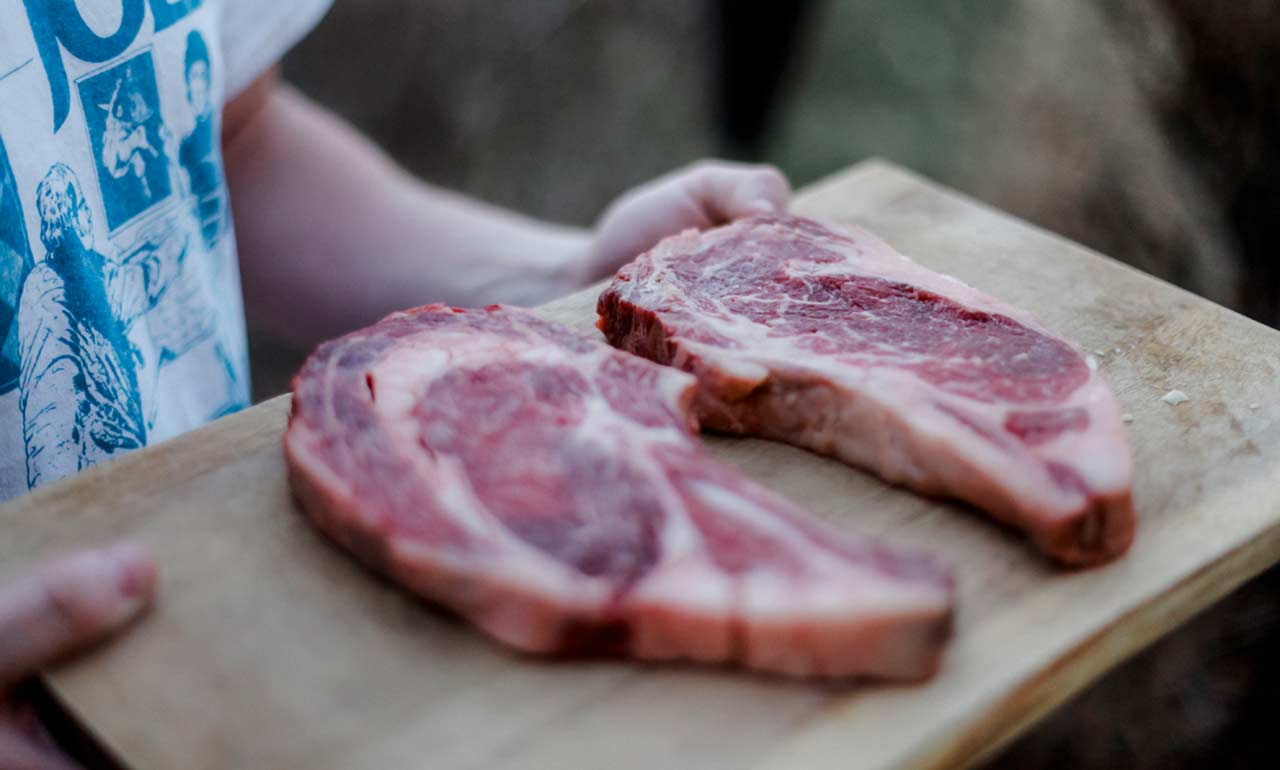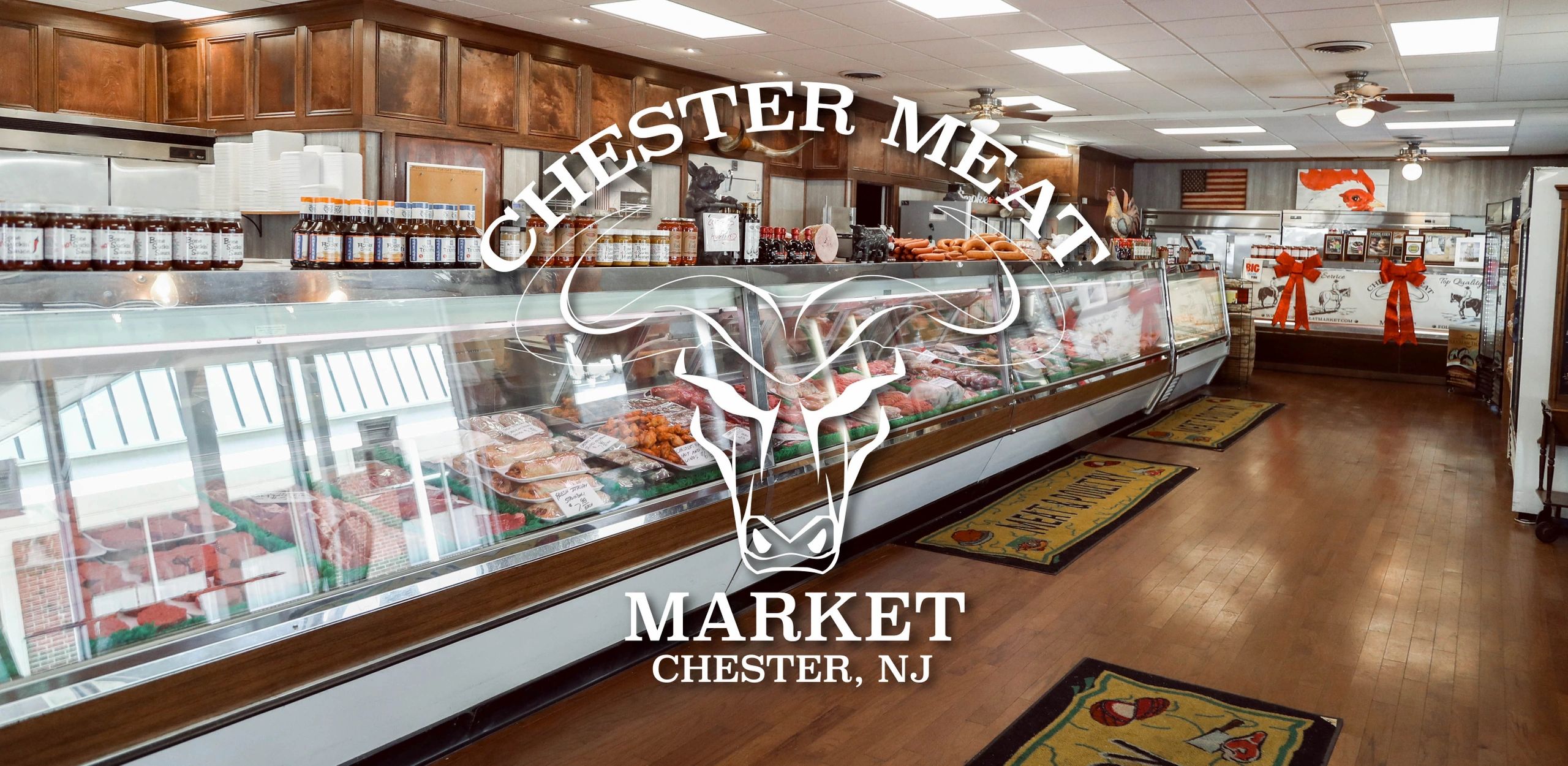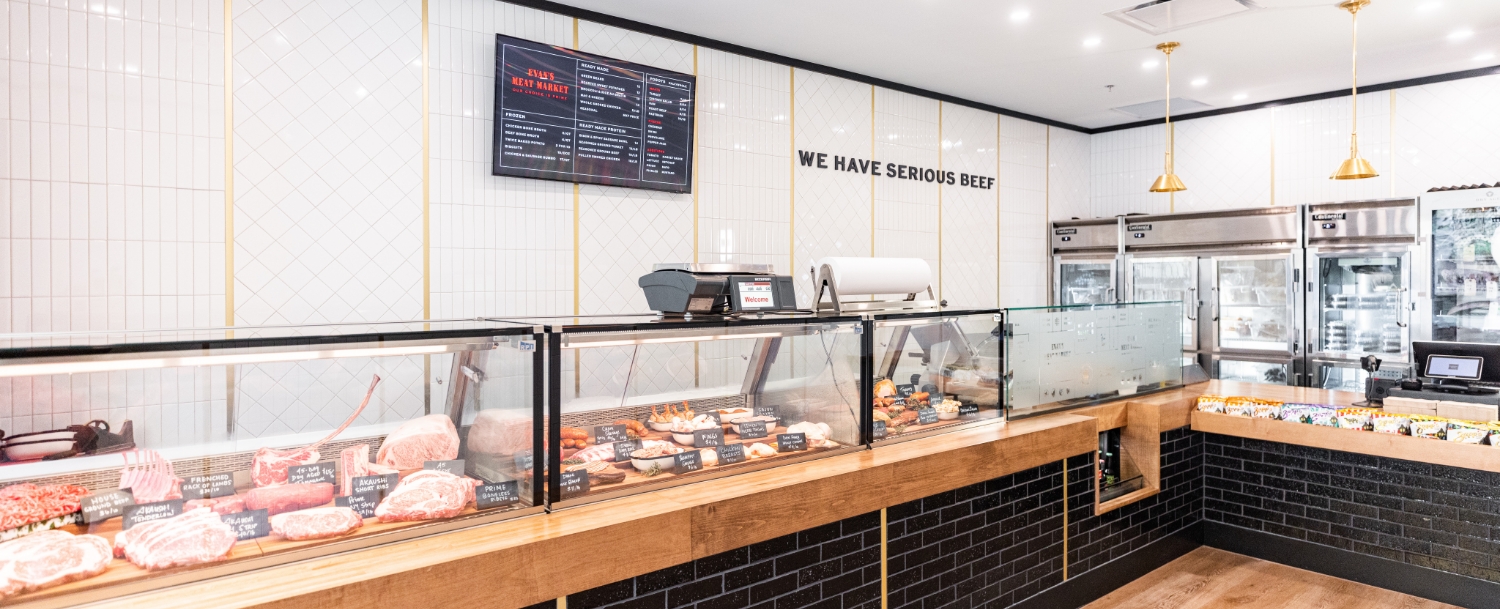Why Selecting a Meat Market Over a Supermarket Makes a Difference in Taste and Quality
The difference between buying meat from a customized market versus a supermarket commonly lies in the nuanced layers of taste and quality. Meat markets generally stress quality, sourcing their items from neighborhood ranches, which not only boosts taste but also fosters sustainable methods. bagley meat market edwardsville il.

Quality of Products
Focusing on freshness is a significant benefit of selecting a meat market over a grocery store. Meat markets generally offer products that are sourced locally and processed with a concentrate on keeping optimum quality. Unlike supermarkets, where meat may be saved for extensive durations, meat markets often get day-to-day shipments, guaranteeing that their stock is continually replenished with top notch cuts.
Furthermore, meat markets normally have a much more effective supply chain, reducing the time from ranch to table. This rapid turn over not only improves the flavor and appearance of the meat however also offers clients with assurance concerning the top quality of the products they acquire. The skilled butchers at meat markets can additionally provide useful insights right into the freshness of their offerings, as they are intimately aware of their providers and the problems under which the meat is managed.
Additionally, meat markets commonly prioritize entire cuts and specialized things that may not be offered in grocery stores, enabling consumers to discover a selection of options that are fresher and a lot more savory. This dedication to quality eventually adds to a premium cooking experience, making meat markets an eye-catching selection for discerning consumers.
Sourcing and Sustainability
The commitment to top quality at meat markets extends beyond quality to incorporate sourcing and sustainability practices. Unlike huge grocery stores, which frequently count on mass-produced products, meat markets prioritize ethical and regional sourcing. This technique not just sustains local farmers and breeders yet likewise minimizes the carbon footprint connected with transporting meat over cross countries.

In addition, meat markets typically use a range of cuts and specialized meats that reflect the seasons and regional cooking traditions. This dedication to sustainability fosters a connection in between customers and their food sources, promoting openness regarding the origins of the meat they buy. By choosing meat markets, consumers can enjoy not only enhanced flavors but additionally the complete satisfaction of sustaining sustainable and accountable farming methods.
Professional Knowledge and Guidance
While shopping at a meat market, clients gain from the expert expertise and customized suggestions supplied by skilled butchers. These professionals are commonly trained and possess considerable experience in the meat industry, enabling them to give insights that go much beyond the fundamentals found in a supermarket. They can assist consumers on picking the best cuts for certain dishes or occasions, guaranteeing optimum taste and tenderness.

Furthermore, butchers usually take the time to engage with consumers, answering concerns and sharing pointers that are not readily available in a supermarket setting. This degree of tailored solution promotes a deeper link between customers and their food, ultimately boosting the overall cooking experience. By picking a meat market, customers get to a wealth of knowledge that can dramatically influence their food preparation and satisfaction of meat.
Taste Accounts and Selection
When exploring the offerings at a meat market, clients are usually compensated with a varied variety of flavor profiles and cuts that are normally unavailable in grocery stores. Unlike mass-produced meat items, which usually focus on harmony, meat markets curate their choices based on high quality and local specificity. This results in a variety of meats that mirror one-of-a-kind preferences, structures, and prep work approaches.

Seasonal and in your area sourced choices additionally improve the experience, as these items usually have exceptional quality and flavor. The educated butchers at meat markets can lead consumers on the ideal cuts for details recipes, making certain that each selection aligns with preferred flavor profiles view and cooking strategies. Generally, the selection and high quality found in meat markets not just boost the culinary experience but also motivate exploration and experimentation in home food preparation.
Sustaining Local Economic Situations
Picking a meat market not only enhances culinary experiences via diverse taste accounts but additionally plays a considerable function in supporting regional economic climates (bagley meat market edwardsville il). They are more likely to involve with businesses that resource their products from regional ranches and producers when customers opt for meat markets over bigger supermarket chains. This method fosters a sustainable farming environment, urging farmers to keep standard methods that produce top quality meats
In addition, meat markets usually use local staff, which adds to job development and retention within the area. The financial impact prolongs past the immediate organization; money invested at local establishments tends to flow within the community, profiting different industries such as retail, advertising and marketing, and transport. This neighborhood financial investment helps enhance the overall economic health of the area.
Additionally, meat markets frequently highlight transparency and ethical sourcing practices, which resonate with consumers increasingly concerned linked here about the beginnings click here for more info of their food. By picking to buy these facilities, consumers not just take pleasure in remarkable products however also affirm their commitment to sustaining their area's economic climate. Fundamentally, choosing a meat market is a calculated selection that nurtures both personal fulfillment and wider economic vigor.
Final Thought
Picking a meat market over a grocery store substantially impacts preference and top quality. The emphasis on quality, sustainable sourcing, and specialist understanding adds to superior cooking experiences. Access to one-of-a-kind cuts and varied flavor profiles improves meal prep work and pleasure. Additionally, sustaining local economic situations promotes community partnerships and promotes lasting agricultural techniques. Generally, the advantages of choosing a meat market expand beyond private preferences, affecting broader financial and environmental variables while raising the art of food preparation.
Unlike grocery stores, where meat might be stored for extensive durations, meat markets commonly obtain daily deliveries, making certain that their stock is continually replenished with top notch cuts.
The skilled butchers at meat markets can likewise give valuable insights into the freshness of their offerings, as they are thoroughly acquainted with their vendors and the problems under which the meat is dealt with.
Additionally, meat markets commonly supply a selection of cuts and specialized meats that reflect the seasons and regional culinary customs. By choosing a meat market, customers acquire access to a riches of knowledge that can considerably affect their cooking and enjoyment of meat.
Unlike mass-produced meat products, which frequently focus on uniformity, meat markets curate their choices based on high quality and regional specificity.